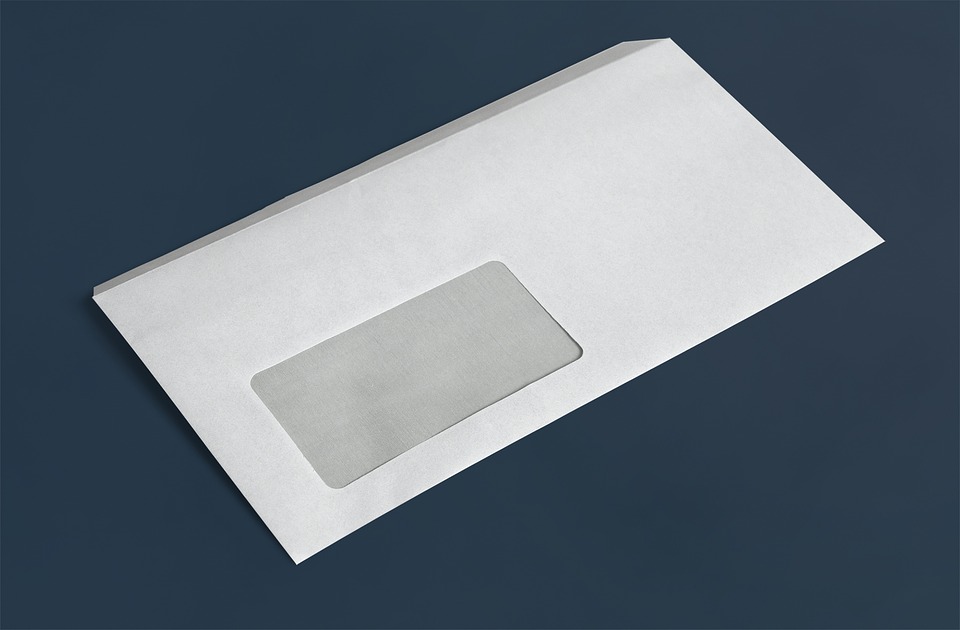If your service charge demands are not served correctly, your leaseholders are not obliged to pay them. Brady Solicitors provide a detailed guide to help managing agents and RMC directors ensure that their service charge demands and processes are note-perfect.
There are a series of issues that Block Managers face again and again. From service charge non-payment, s.20 major works procedures, through to breach of lease by parking, pets, or wooden floors – these challenges are always on the agenda.
One topic that regularly circles back from property managers is how to ensure you are issuing correct service charge demands. We have seen a big rise in questions of this nature from clients and colleagues during the Coronavirus lockdown.
A note of caution: Brady Solicitors blog posts are generally written for busy property managers who want to know the “so what effect does it have on me” but without too much of the legal nitty gritty. So, before you read on, this is deliberately one for managing agents who like detail and want to understand the whys and wherefores of the legal requirements when it comes to service charge demands.
In a recent blog post we considered the challenges of remote working and ensuring compliant demands. In the notes below, we drill down into the detail.
Service of demands can be complicated, as there are various statutes that can come into play depending on what the lease says or does not say.
The starting point for the assessment is section 196 of the Law of Property Act (LPA) 1925.
Section 196 (s.196) applies to any notice:
- Required or authorised to be served or given by the LPA 1925.
- Required to be served or given by any instrument affecting property unless a contrary intention appears.
A lease is an ‘instrument’, so if the lease refers to s.196 then it applies. Most but not all modern leases do refer to s.196.
S.196 states:
- Notices must be in writing (section 196(1), LPA 1925).
- Notices do not have to be addressed using the name of the recipient, but can be addressed to “the tenant”, “the mortgagor” or “the persons interested” (section 196(2), LPA 1925).
- A notice is valid even if a person affected by it is absent, under a disability, unborn or unascertained (section 196(2), LPA 1925).
- Notices are sufficiently served by being left at the last known place of abode or business in the UK (section 196(3), LPA 1925).
- Notices are sufficiently served by being sent by post in a registered letter addressed to the party to be served at the last known place of abode or business in the UK (section 196(4), LPA 1925). A registered letter includes recorded delivery or Special Delivery.
Service is deemed to have been made at the time at which the registered letter would be delivered to the recipient in the ordinary course of post, regardless of when delivery was actually effected.
However, this deeming provision will not apply if a registered letter is returned undelivered.
Mandatory or permissive?
The method of giving the notice, if specified in the lease, can be mandatory or permissive. Mandatory terms will be applied strictly and, if the terms are not followed, the notice may be invalid.
If a contract, in this case the lease, specifies a mandatory method of service for a notice, the parties should use that method. The person giving notice can also send a copy by whatever other method might actually reach the other party’s attention.
Where the method of giving a notice is permissive, any method of service that causes the notice to be received by the intended recipient may be sufficient.
Do we need to send service charge demands by Registered Post?
S.196 itself does not specify that a demand or notice must be sent by registered post, it simply sets out rules which, if followed, will ensure that a document is sufficiently served (save where the deeming provision does not apply).
It is the lease that determines whether a particular method of service is mandatory or not.
If it is mandatory, that method must be used but, as we outline above, you can also use an alternative method at the same time that may bring the document being served to the other party’s attention more quickly, as long as you can prove that you have also used the required method of service.
If it is not mandatory, you can use whatever method you choose – all you need to be able to do is to prove service if required.
However, where the method of service is not prescribed, we would not advise using email alone unless the leaseholder has requested service by email. Email can however be used as an additional method of service.
Requirements for standard post being sufficient
There is some further direction at s.7 (Interpretation Act 1978) that s.196 LPA will enable service by standard First-Class post where (unless the contrary is proven) the sender can show:
- The demand was correctly addressed;
- The postage for the letter was pre-paid (i.e. it was franked, or stamps added for the correct postage before it was sent);
- The demand was actually posted.
Where a lease does not incorporate s.196 LPA, it is for the sender of the demand to show that it was actually received by the property owner in order to show good service.
Where the lease does prescribe the method of service (which is usually not by email) but the leaseholder requests service by email, then it is possible for the parties to substitute a more suitable method of service by agreement, but this does need to be evidenced in writing from the leaseholder.
In this situation is important to have a written signed record of the leaseholder’s agreement to the service of the demand to an agreed email address.
Conclusions
Let’s be practical here.
You should post your demands and keep a record of what has been sent on your property management software if you need to prove it later.
Some leases may specify another requirement for service but, when you manage a portfolio of property, it is unlikely you will have a bespoke workflow for the minority of non-standard leases.







